5 things you need to know about being a prison officer
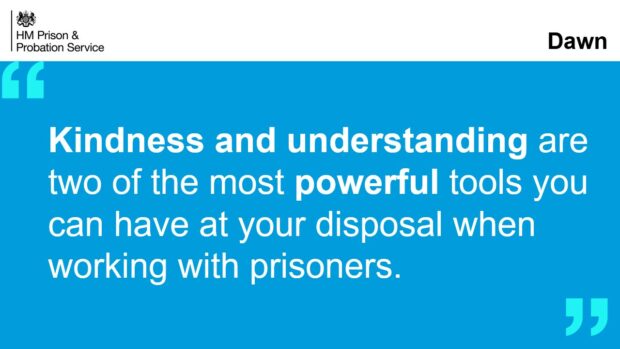
...Elmley, I was promoted to governor. I transferred to HMP Standford Hill in 2017 to take up the role and was later governor at HMP Elmley and HMP Maidstone. Changing...

...Elmley, I was promoted to governor. I transferred to HMP Standford Hill in 2017 to take up the role and was later governor at HMP Elmley and HMP Maidstone. Changing...
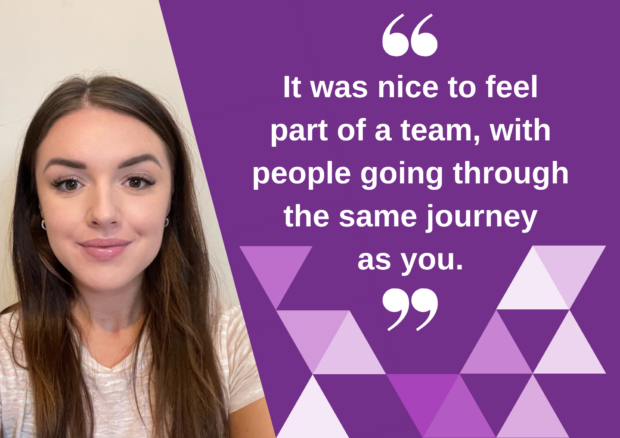
...to apply to the programme as I wanted to be able to do more work with people on a one-to-one basis, to try and make a difference. I liked the...
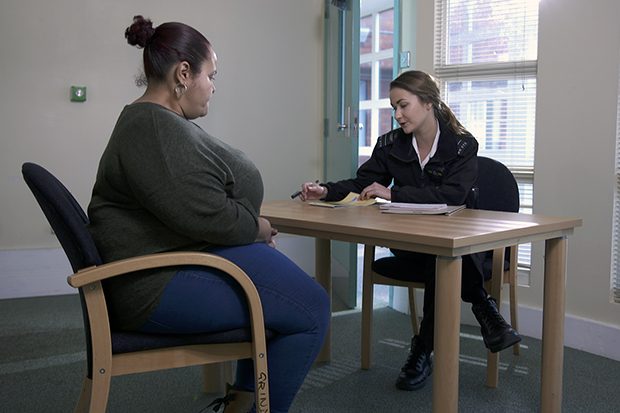
...a series of short videos. It then asks you to judge how you feel after each situation. A screenshot of one of the tool's questions and video The tool is...
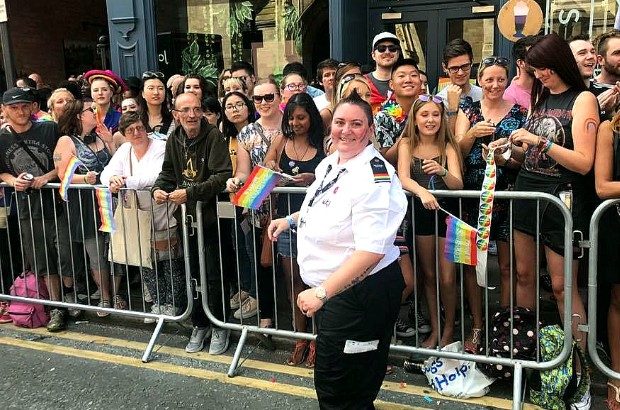
...not just to colleagues but to everyone, including people in prison. It was important for me to do so because I wanted to focus on putting the best of me...
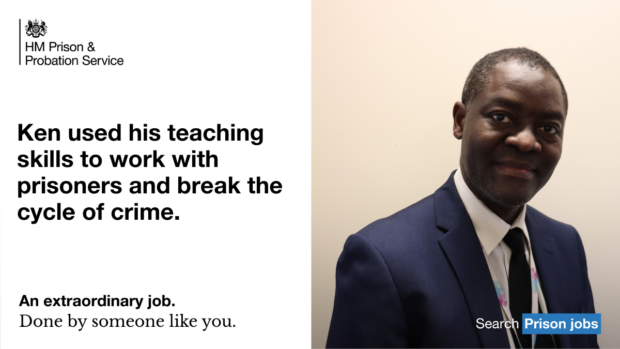
...lives and use his teaching skills to work with prisoners and break the cycle of crime. Since joining the Prison Service in 2006, Ken climbed the ranks to become one...
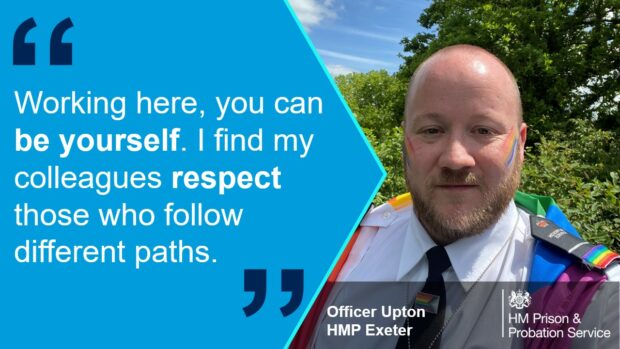
...contributes to a happier and more effective workplace. A lot of my colleagues have said as much to me too. It’s great to go to Pride events and hear what...
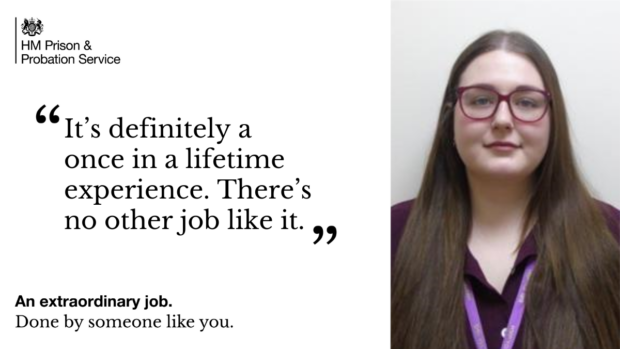
...useful experience to have. She says, “you have to be patient especially when explaining something to someone that is frustrated”. Day-to-day responsibilities Eleanor went on to talk us through her...
Rapid Deployment teams are Community Payback teams who are given a 48-hour window to complete a project referred to them by a local council and nominated by members of the...
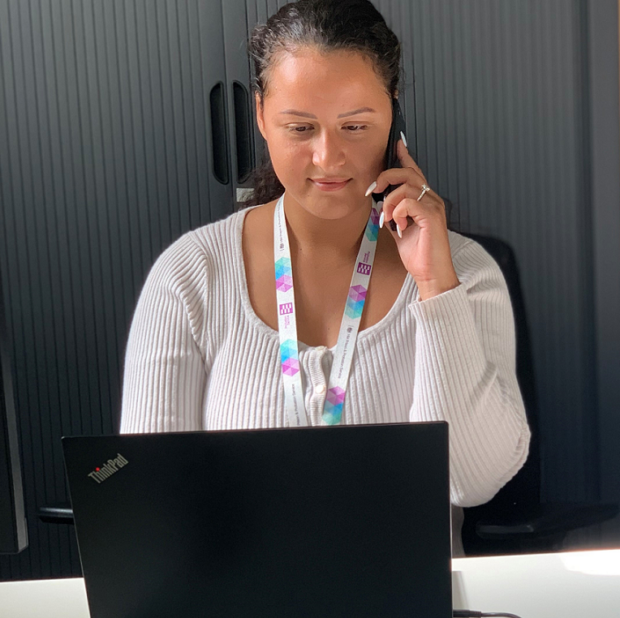
...to be able to promote the benefits of CP to potential beneficiaries and answer any questions they may have. Teamwork is also important as you work closely with other CP...
...prison officers. It’s a process to reduce violence, reduce drug-use, give offenders a point of contact with an officer to help them cope with custodial life. I work with a...